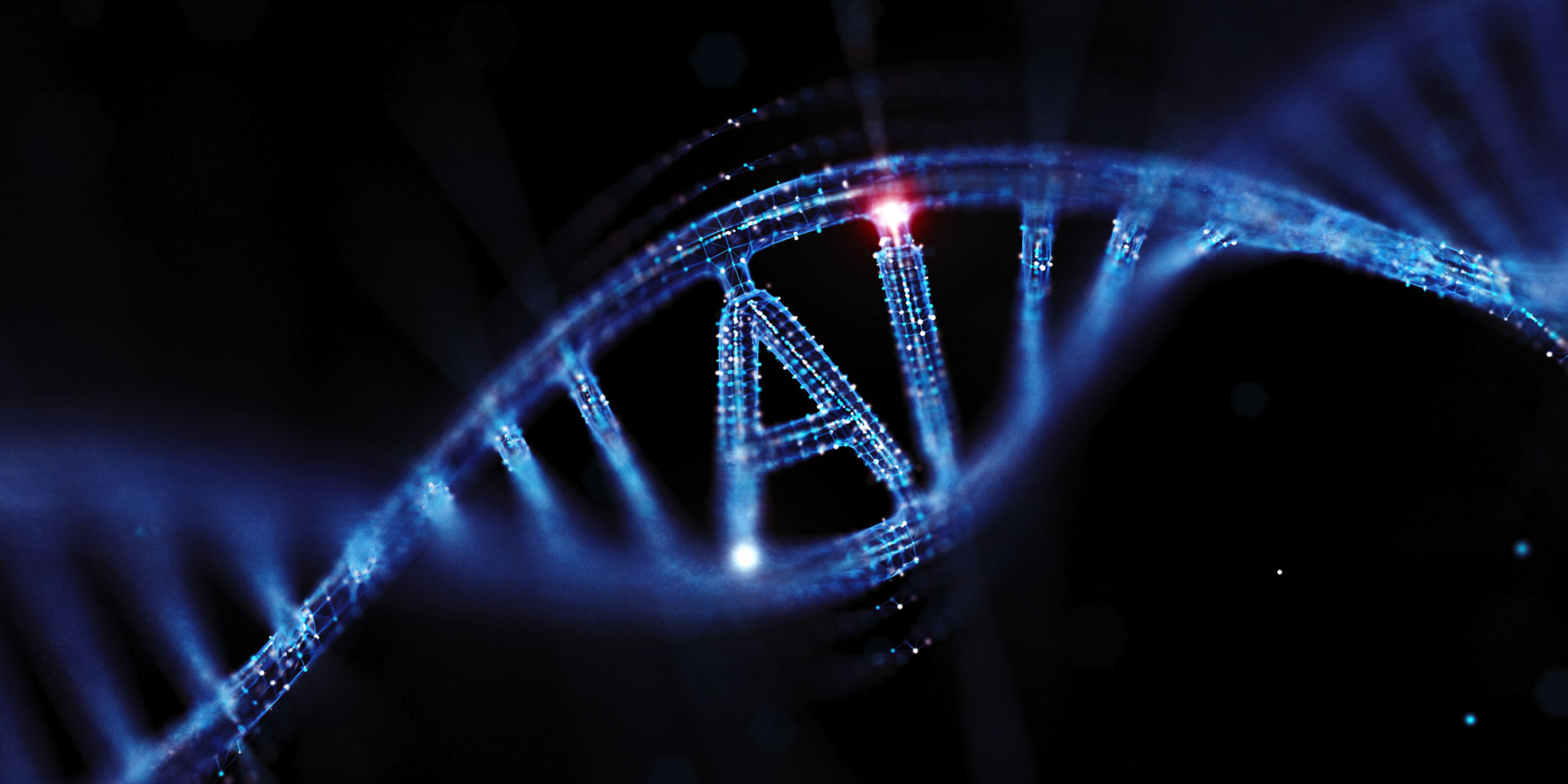Harnessing AI in Biotechnology: Transforming Health with Innovative Life Products
Introduction to AI in Biotechnology
The integration of Artificial Intelligence (AI) in biotechnology is reshaping the landscape of healthcare and life sciences. This fusion is not only enhancing research and development but also accelerating the creation of innovative life products that have the potential to transform human health. By harnessing AI, biotechnology is moving towards a future where precision, efficiency, and personalized healthcare solutions become the norm.
AI algorithms can process vast amounts of data far more quickly and accurately than traditional methods. This capability is crucial in biotechnology, where complex biological data sets are the foundation for developing new treatments and therapies. As a result, AI is becoming an indispensable tool in the quest to understand and manipulate biological systems.

Enhancing Drug Discovery
One of the most significant impacts of AI in biotechnology is evident in drug discovery. Traditionally, developing new drugs is a time-consuming and expensive process. However, AI technologies are streamlining this process by predicting how different compounds will interact with biological targets. This allows researchers to identify promising candidates more quickly and efficiently.
AI-driven platforms can analyze molecular structures and predict their behavior, leading to faster identification of potential drugs. Moreover, machine learning models can simulate drug interactions at a much earlier stage, reducing the need for extensive laboratory testing. This not only cuts down on research costs but also accelerates the journey from discovery to market.

Personalized Medicine
Another transformative aspect of AI in biotechnology is its role in personalized medicine. By analyzing genetic, environmental, and lifestyle factors, AI systems can develop tailored treatment plans for individuals. This approach ensures that patients receive the most effective therapies based on their unique profiles, improving outcomes and reducing side effects.
AI's ability to process patient data quickly means that healthcare providers can offer more precise diagnoses and treatments. This shift towards personalized medicine represents a significant leap forward in patient care, emphasizing prevention and early intervention over reactive treatment.
Revolutionizing Diagnostics
AI is revolutionizing the field of diagnostics by enhancing the accuracy and speed of disease detection. Machine learning algorithms can analyze medical images, such as X-rays and MRIs, with incredible precision, often outperforming human experts in identifying anomalies.
This capability is particularly valuable in areas like oncology, where early detection of cancer can dramatically improve survival rates. AI-powered diagnostic tools are being developed to assist healthcare professionals in making more informed decisions, providing a second layer of assurance in critical diagnoses.

Biotechnology and Environmental Health
Beyond individual health, AI in biotechnology is making strides in improving environmental health. By leveraging AI to monitor ecological systems, researchers can better understand the impact of environmental changes on human health and biodiversity. This knowledge is crucial for developing sustainable practices and mitigating adverse effects on ecosystems.
Moreover, AI tools are being used to design biotechnological solutions that address global challenges such as pollution and climate change. From bioengineered organisms that clean up oil spills to plants that absorb excess carbon dioxide, these innovations are paving the way for a healthier planet.
The Future of AI in Biotechnology
The future of AI in biotechnology holds immense promise. As technology continues to evolve, we can expect even more sophisticated applications that push the boundaries of what is currently possible. The potential for AI to drive innovation in healthcare and life sciences is vast, offering solutions that were once thought unattainable.
As we continue to explore the intersection of AI and biotechnology, ethical considerations must also be addressed. Ensuring data privacy, managing algorithmic biases, and maintaining transparency are critical to fostering trust and maximizing the benefits of these technological advancements.

In conclusion, harnessing AI in biotechnology is transforming health with innovative life products that promise to revolutionize how we understand and manage human health. By embracing these cutting-edge technologies, we are poised to make significant strides towards a healthier future for all.
